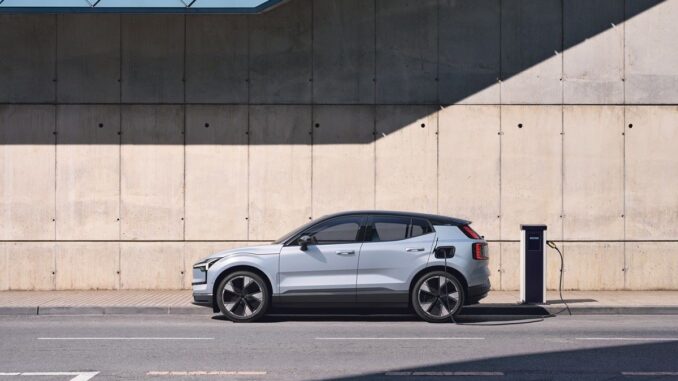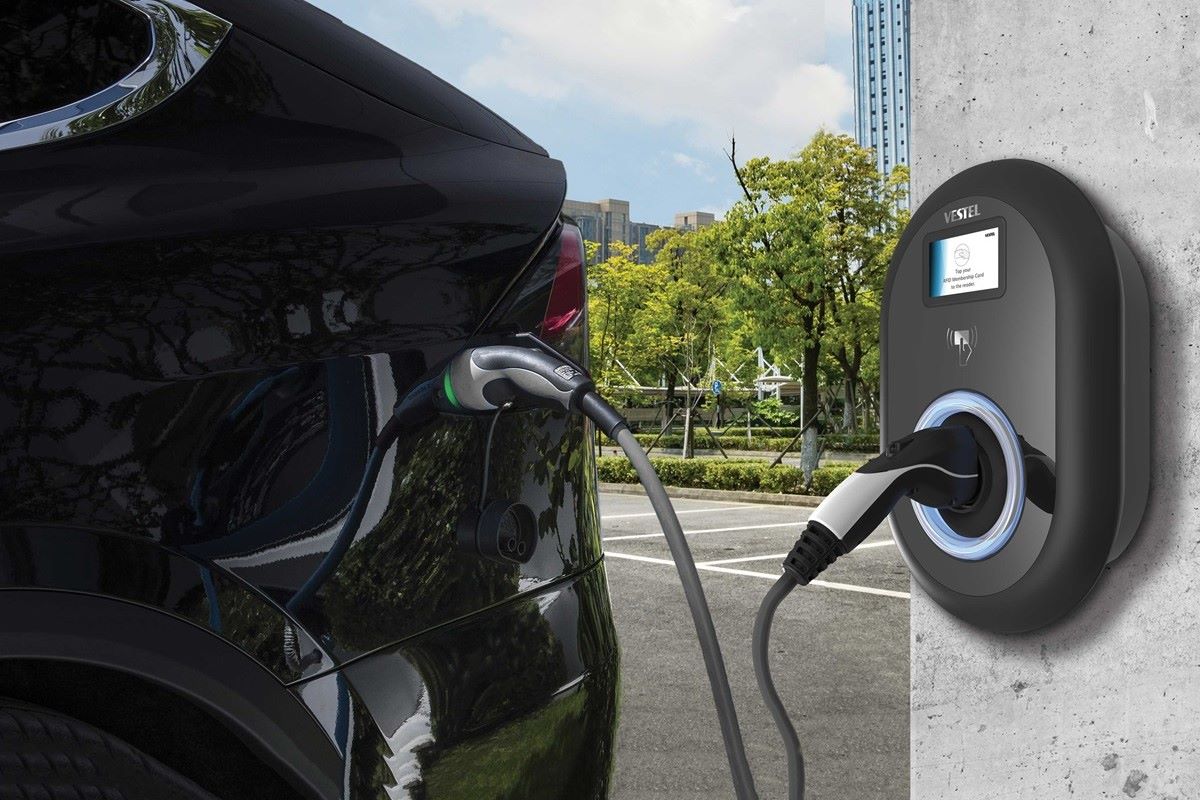
Will destination charging be the antidote for electric vehicle range anxiety?
The UK’s evolving car-fuelling infrastructure is steadily addressing the issue of range anxiety for EV users and potential buyers, and the transition from traditional fuel stations to destination charging is a pivotal shift, writes Ben Hugh, Business Development Manager at Vestel – one of Europe’s largest EV charger makers.
Electric Vehicle (EV) range anxiety is a significant concern for potential EV buyers, rooted in the fear that an electric car won’t have sufficient battery range to reach a destination or a charging point. This anxiety is a notable factor deterring people from switching to electric vehicles, as they worry about being stranded without power.
This concern comes from thinking about fuelling your car in the traditional way – going to a petrol station, be that in your town, supermarket or on the motorway. With electricity already being supplied to every home, business and public facility in the UK, the notion of having to go to a specialist ‘station’ to re-fuel your car is becoming outdated. It is time to rethink not just the fuel energy our transport runs on but how you ‘fill-up’ with that energy.
Destination charging focuses on installing EV charging points where people typically spend time, like workplaces, supermarkets, shopping centres, leisure facilities, and public car parks. This infrastructure development makes charging an EV more convenient and integrated into daily routines, rather than a separate task requiring a dedicated trip to a charging station.

As destination charging becomes more widespread, it fundamentally changes the perception of EV usage. Drivers start to view charging as an activity that aligns with their regular destinations, reducing the need to plan specifically around a vehicle’s range. This convenience is crucial in mitigating range anxiety, as it reassures drivers that they can easily charge their vehicle while carrying out everyday activities.
Furthermore, advancements in EV technology, including increased battery capacities and more efficient vehicles, contribute to reducing range anxiety. With EVs capable of longer ranges on a single charge, the concern about running out of power diminishes significantly.
If you are unable to easily charge at home, perhaps living in flats where you have no official parking space per se, destination charging relies on businesses and public facilities with multiple chargers in their car parks. The question then becomes why would these businesses do that, what is in it for them?
The answer is many-fold but includes aligning with business sustainability practises, offering free or subsidised charging as a benefit to staff and customers, offering community charging and an obvious ‘green’ initiative to boost their profile in the community, and increase customer dwell time in-store while their car is charging. Best of all, it can generate revenue. Businesses can charge a small premium over the supply cost of electricity, turning a profit from customers and passers-by who turn up and use their pay-per-charge facilities. These are compelling reasons for any business to install chargers in their car parks.
Vestel UK has unveiled a range of residential and small business chargers this year aimed specifically at driving the concept of destination charging through robust, reliable and affordable chargers. Manufactured at Vestel’s European factory, the company makes over 700,000 EV chargers a year for fuel, energy and automotive brands, and is using that expertise and economies of scale to help businesses, retail outlets, public and leisure facilities benefit from the shift to destination charging.
As destination charging becomes more commonplace, and EV technology continues to advance, the public’s perception of electric vehicles is changing. Charging an EV will become as routine as parking a car, diminishing the apprehension associated with range and charging availability. This convenience is key in alleviating range anxiety, making EVs a more attractive option for a broader range of consumers.
Photographs courtesy of Volvo Cars and Vestel


Be the first to comment